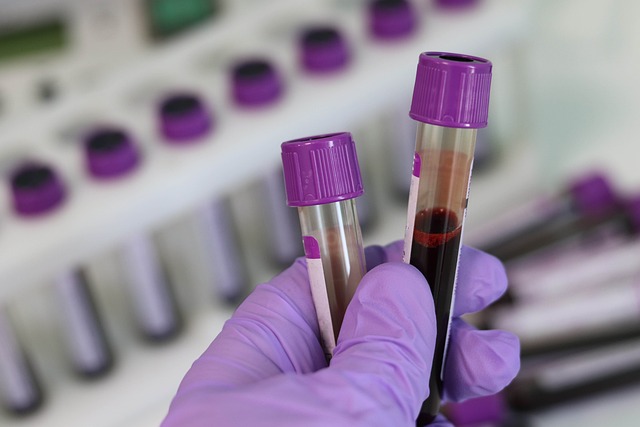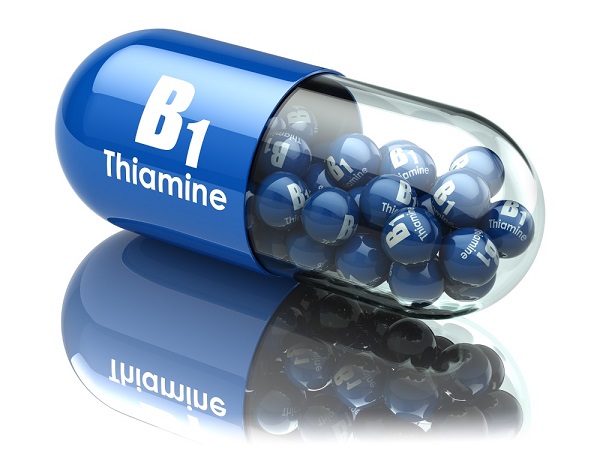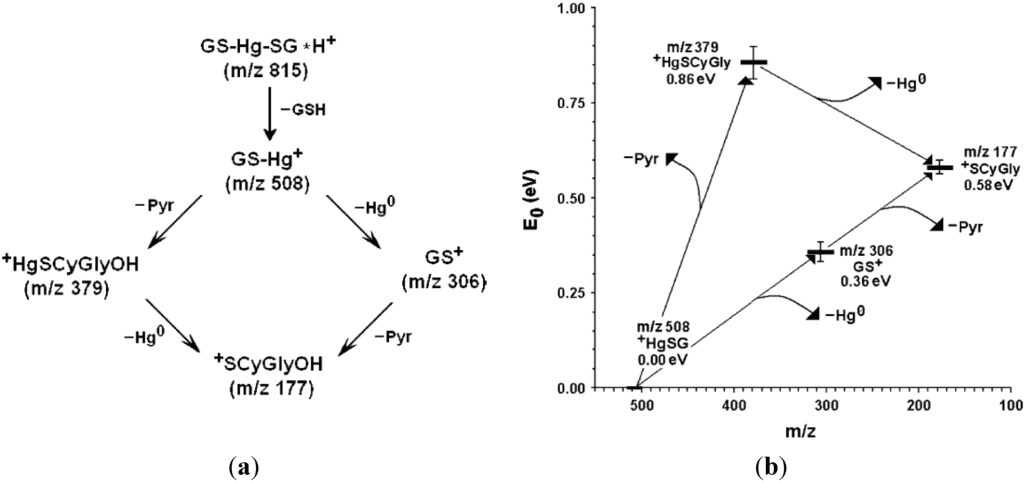dervmai
progress
So I just got my updated b1 tests after having supplemented b1 due to a prior b1 deficiency. My updated b1 level is 12. The range is 8-30, so I am still very low in b1. I have been supplementing thiamin HCI 100 mg for roughly 3 months, I slowed down the b1 supplementation before I went to retest. My values are still very low. I am confused why this is happening to me. Is this a gut issue? I'm trying to understand from every possible angle, the reason for my b1 deficiency. I don't know much about it though, I would really appreciate the opinions of people knowledgeable on this forum... my GP just tells me to continue supplementing... and since I am not deficient by the ranges anymore, she can't do much.... plus she wasn't addressing why I was b1 deficient.








